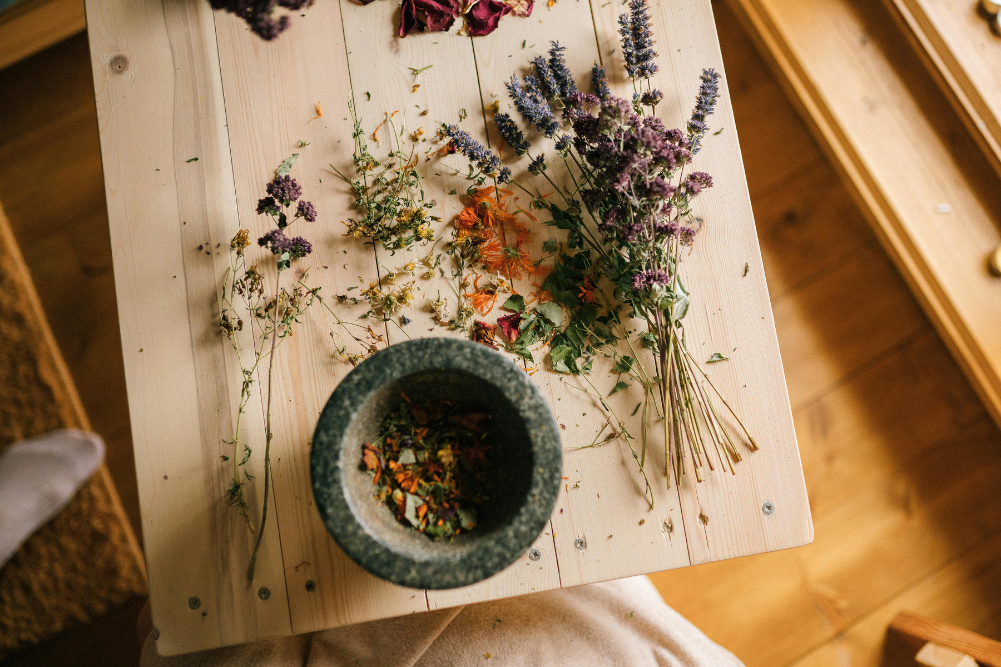To scratch or not to scratch?
Research tells us that 64 per cent of people will scratch if they see someone else scratching. Try your own experiment to substantiate this at your next dinner party; but do be careful not to scratch so much in order to make sure everyone sees that you find yourself having to deny a serious skin condition or lice infestation. The social aspect of an itch and resultant scratch suggests that there are layers beyond the purely physical to the whole itching thing. Are you, for instance, scratching now just reading about itching? OK, that was mischievous, but it serves to prove the point that an itch is a complex thing but new research has shown that at one biological level scratching an itch just makes it worse.
The theory goes that an itch is a mild manifestation of pain or perhaps a malfunction of overly sensitive nerve endings stuck in a feedback loop. There is almost certainly a psychological component to itching but on the physical level it is thought that scratching relieves an itch because it causes another mild pain that is carried via nerve cells in the spinal chord to the brain. This breaks any inappropriate itch loop effectively sending scratch signals rather than itch signals to the brain, however, researchers have now proven that repeated scratching can actually make an itch worse.
The study involved mice who had been bred to lack the genes necessary for the production of serotonin.
As background to their study the researchers noted that scratching, as a mild pain inducer, causes the release of the calming brain chemical serotonin and they wanted to see how serontonin would play into the itch cycle.
The study involved mice who had been bred to lack the genes necessary for the production of serotonin. In response to an itch-inducing substance these mice did not scratch as much as mice with normal serotonin levels. However, when supplemented with serotonin the mice did scratch as much as normal.
The mechanism behind all of this is that relieving an itch by scratching causes temporary pain that makes nerve cells in the spinal cord to carry pain signals to the brain instead of itch signals. The neurons that carry the message from a scratch are known as GRPR neurons (gastrin releasing peptide receptor). The brain responds to the message from the GRPR neurons by releasing serotonin. In the case of a simple itch and a short scratch this might end the itch problem but if the itching is chronic and relates to something like eczema or chemotherapy then the result may not be so good if scratching continues.
The problem is that when the brain gets the pain signals, it produces serotonin to control that pain. However, as serotonin spreads from the brain into the spinal chord, the researchers found that the serotonin can jump from pain-sensing neurons and activate 5HT1A receptors on GRP neurons and that can make itching worse.
In summary what the researchers are saying is that; scratching causes a sensation of mild pain, the brain releases serotonin to relieve the pain, as well as inhibiting the pain the serotonin activates the GRPR neurons via 5HT1A receptors, and activated GRPR neurons make itching worse.
The researchers say that in conditions that feature chronic itching it is not feasible to block serotonin production because it is so critical to many functions like mood and bone metabolism. However, even though the 5HT1A receptor is widely distributed in the brain they believe an avenue for future treatment of chronic itch may lie in blocking that 5HT1A receptor.
In the meantime, if an initial scratch doesn’t relieve your itch then there is no point in scratching some more as it will just make things worse; and that applies to the “7-year itch” as well.








